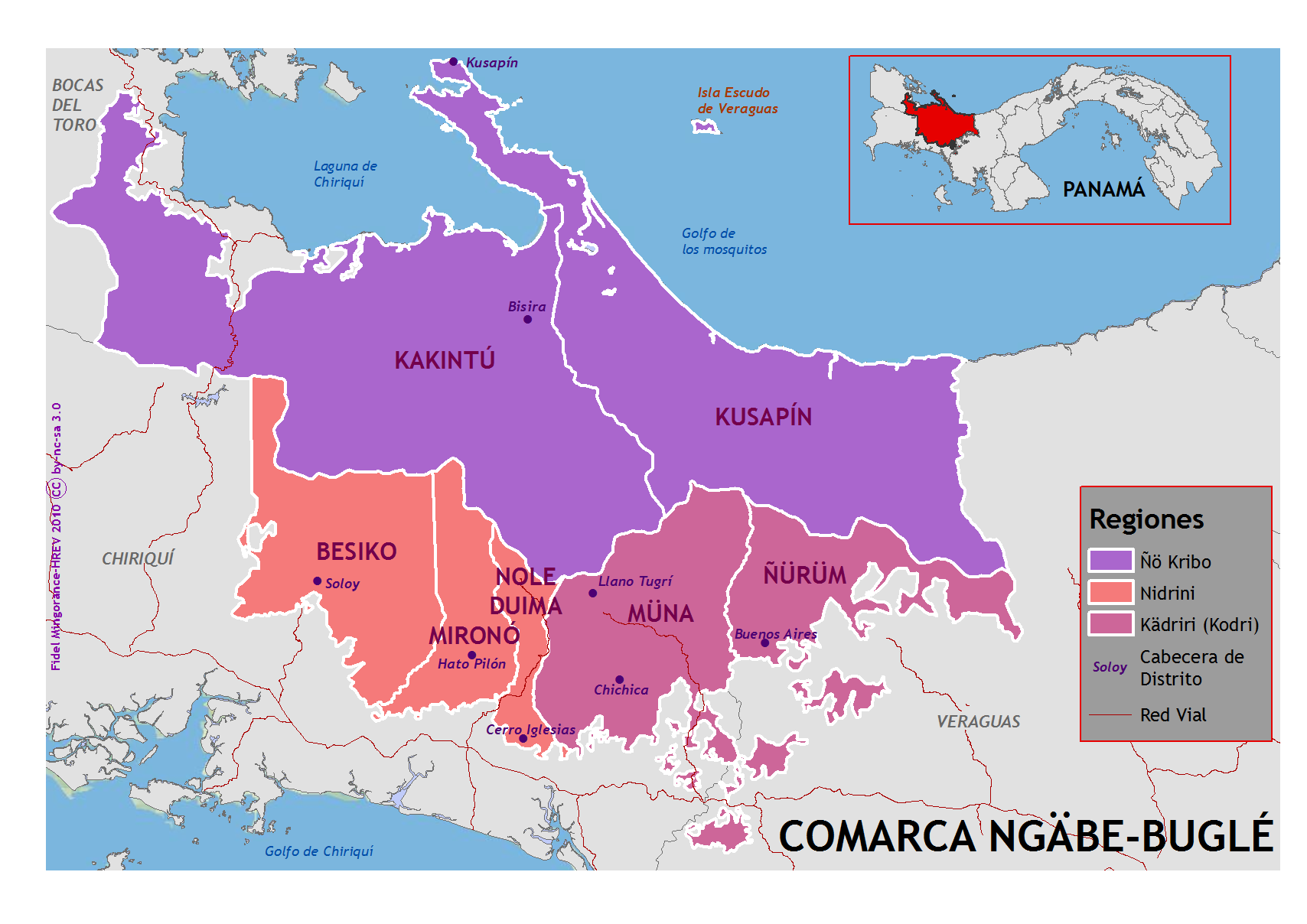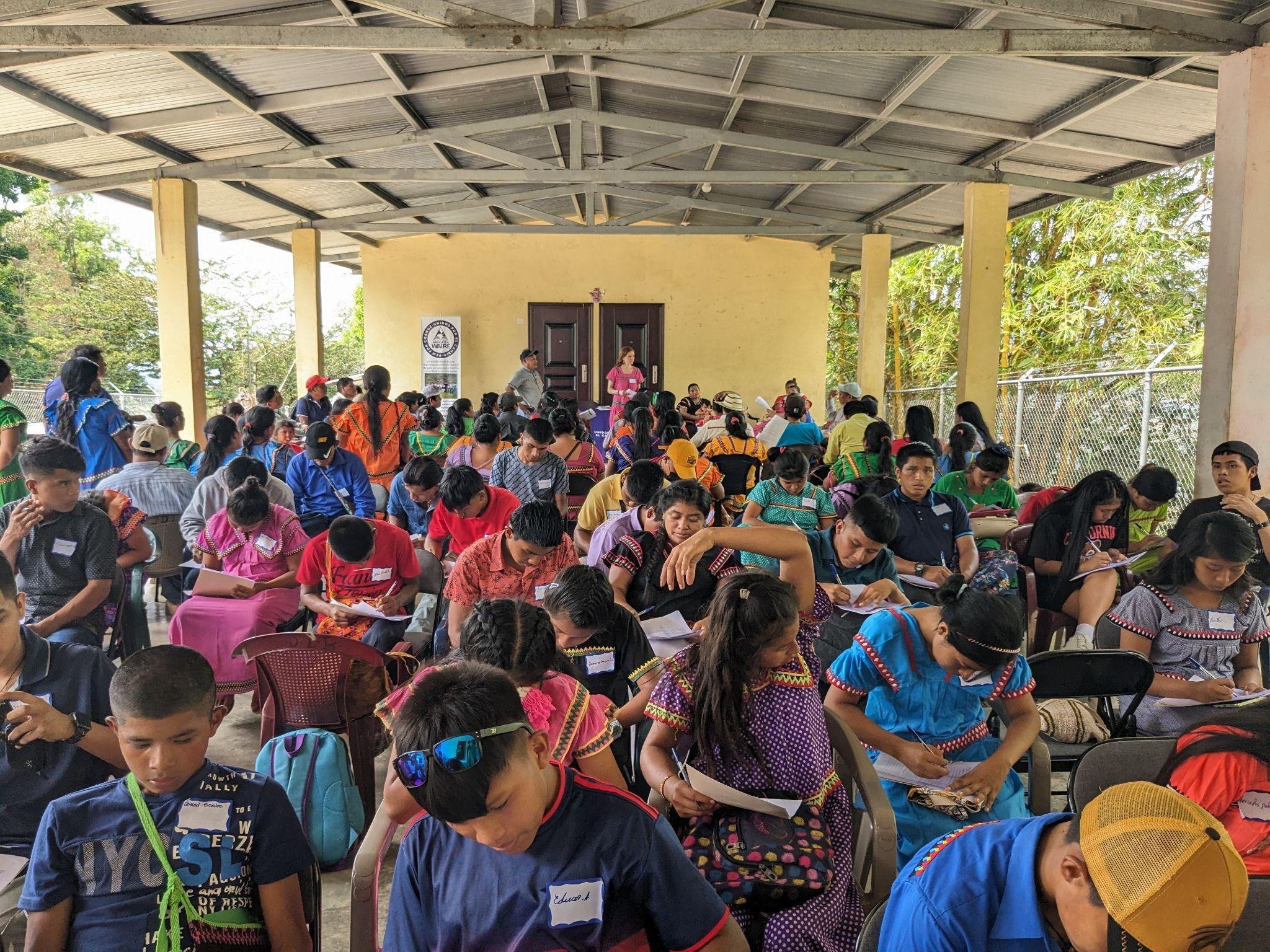The Ngäbe
The indigenous Ngäbe-Buglé people were pushed to from their lands for decades by Panamanian settlers, and only recently attained semi-autonomous status in 1997. The Ngäbe were originally nomadic, moving to cultivate new land every few years, but were forced to settle because of a scarcity of land. This has led to overburdened croplands, and as a result, the Ngäbe people struggle on a daily basis to produce enough food for their families. There are very high levels of chronic malnutrition among the Ngäbe, and the lowest level of satisfaction of basic needs. Difficult terrain compounded with a lack of roads only complicates matters; support is costly and hard to achieve in the slippery mountainous areas, and communities are isolated by poor communication.
The Ngäbe lack strong connections to the government and often don't have the ability to express their needs because of cultural and language barriers. Many families can't afford healthcare, education, a home, or basic sanitation.
The majority of students in the comarca are forced to travel to another state for middle and high-school level education. As they progress in school, they are faced with the rising costs of travel and boarding, while simultaneously navigating a second language and culture. Despite the doubling of food prices in the last two years and falling levels of food production, families in these communities are making huge sacrifices to send their children to high school and give them the chance at a better life. Few for Change aims to lessen this burden for families and improve opportunities for students who cannot afford education.














